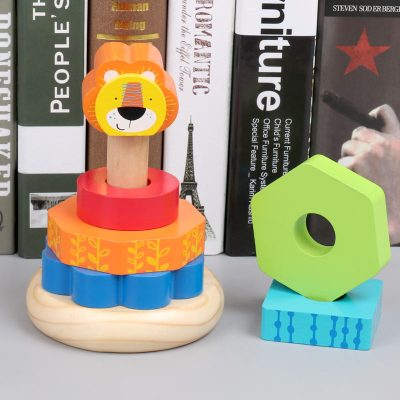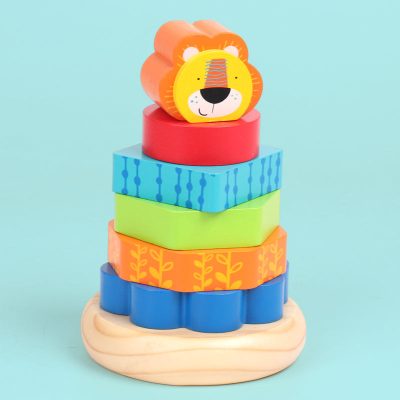“Puzzle” is an old game and one that is suitable for babies to play on their own or with their parents. These pieces of little things are inconspicuous. How does it help the baby’s growth and development? In fact, jigsaw puzzles are of great help to the development of the baby’s hands, eyes, brain, and emotions. Therefore, parents should let the baby play a variety of puzzles, so that the baby can benefit from it while enjoying the joy of the game.
1. Colorful puzzles promote eye development
The jigsaw puzzles sold on the market are basically colorful and have a variety of patterns, including cartoon animation, landscape pictures, cute animals, and even jigsaw puzzles can be made from your own photos. There are luminous, fluorescent, etc., parents can choose a cute puzzle for the baby according to the baby’s preference.
When the baby is thinking about how to put together a puzzle, his eyes will definitely stare at the picture to think, and then he will think of what color and what color are connected, so that it may be suitable and can be put together, which promotes the development of the baby’s eyeballs. and increased sensitivity to color.
2. It can cultivate the logical thinking of the baby
When most babies put together a jigsaw puzzle, they just grab a piece and start piecing it together. They don’t even think about where to start. They don’t even look at the reference pictures on the box to see where The color is the most special, where to start. But after playing a few more times, the baby will start to think: where to start is the fastest.
The baby will naturally consider whether it is the fastest to start from the edge? Or is it best to start from the most special color? During this process, the baby begins to learn the meaning of sequence, order and logic, and from his own Learn to classify by looking at the puzzles carefully.
3. Cultivate your baby’s patience and concentration
Some babies may not like to play jigsaw puzzles at first. He thinks jigsaw puzzles are a very boring thing, and it is indeed difficult to piece together the pattern completely with the baby’s ability. After many failures, over time, it will not work. I love playing puzzles. But if parents can give the baby some hints and encouragement, play jigsaw puzzles with the baby, or even have a small competition, then the baby will be more active in thinking about how to complete the puzzle quickly and even beat the mother.








